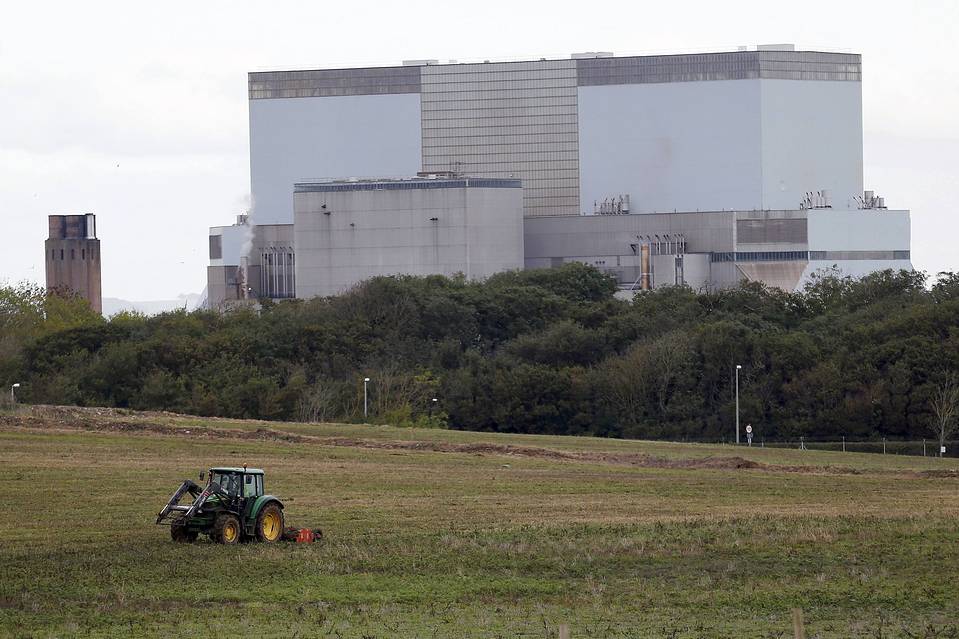Last week, British Prime Minister Theresa May delayed final approval of building Hinkley Point, Britain’s first nuclear plant in decades, due to concerns about China’s involvement in the project.
May’s predecessor David Cameron drew up the plan in which French utility EDF and China General Nuclear would fund the £18 billion ($24 billion) cost of the project. The UK will pay a minimum price for the power generated by the nuclear reactor for 35 years.
Chinese Foreign Ministry spokeswoman Hua Chunying urged the UK government to approve the nuclear plant “as soon as possible, to ensure the project’s smooth implementation”. State media warned that China “cannot tolerate unwanted accusations against its sincere and benign willingness for win-win cooperation.”
An English-language commentary published by China’s official news agency Xinhua, which is often seen as a reflection of official thinking, said that May’s last-minute decision to delay the project “adds uncertainties to the ‘Golden Era’ of China-UK ties”.
“The British new government is actually running the risk of dampening the hard-won mutual trust with China.”
“What China cannot understand is the ‘suspicious approach’ that comes from nowhere to Chinese investment in making the postponement.”
“For a kingdom striving to pull itself out of the Brexit aftermath, openness is the key way out,” the news agency said.
Xinhua also said that people may think that the UK was trying to erect a wall of protectionism.
This “will surely stain its credibility as an open economy and might deter possible investors from China and other parts of the world in the future”, it added.
Treasury Minister Lord Jim O’Neill, former Goldman Sachs chief, reportedly threatened to quit the government over May’s stance on China’s involvement in the nuclear plant project.
According to the Financial Times, Lord O’Neill told friends that he would leave in September unless May explained why she wanted him to stay.
May’s spokeswoman said on Monday that Britain would “continue to seek a strong relationship with China” despite the decision to delay approval. She asserted that it was natural for the incoming government to review plans set by their predecessor in detail.
“With the role that China has to play on world affairs, on the global economy, on a whole range of international issues, we are going to continue to seek a strong relationship with China,” she said.
May’s former colleague said on Saturday that the Prime Minister had previously expressed concern about the national security implications of the planned Chinese investment.
The spokeswoman declined to comment on whether the review process of Hinkley Point would involve national security and only said that it would review every factor of the deal.
